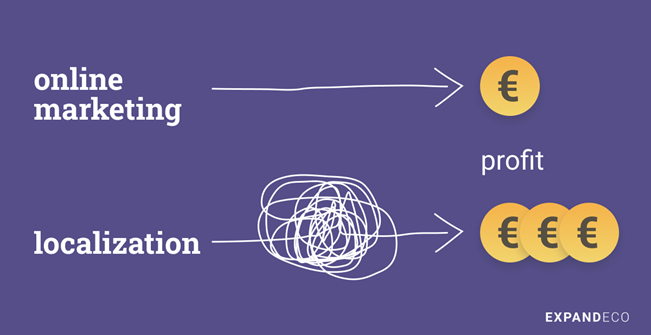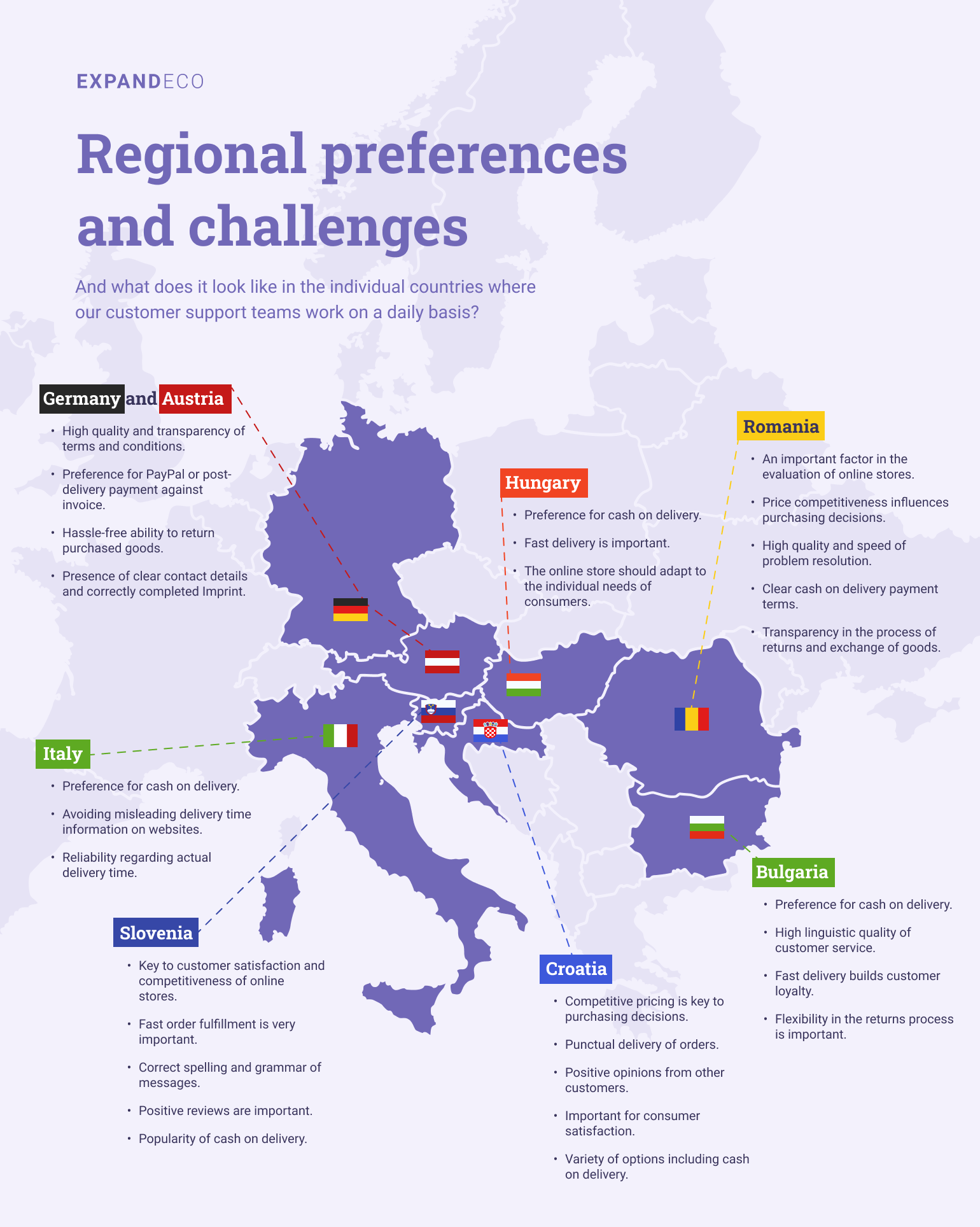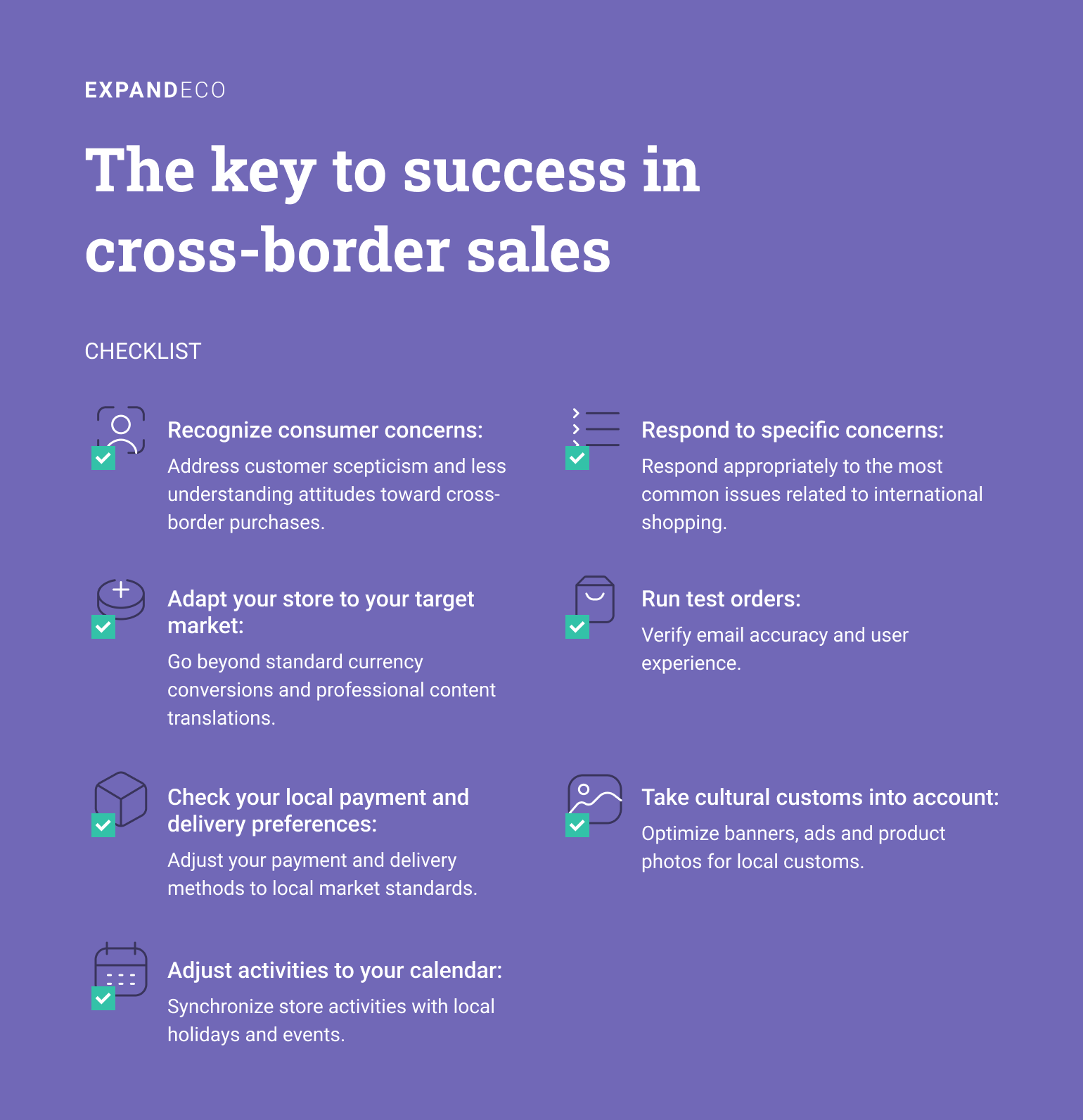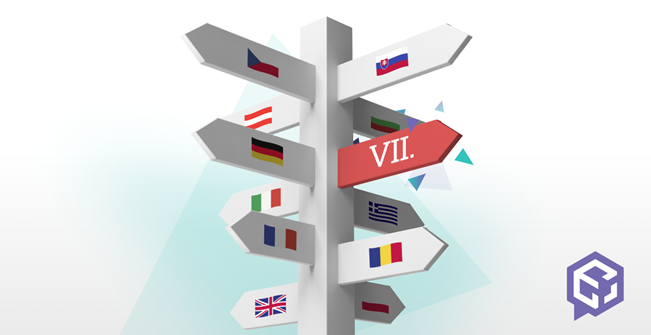
Profitable e-shop growth thanks to localization
One of the most important components of an online business is the effective investment in growth. With the generally costly expansion to a foreign market, digital marketing is a fundamental part of any budget. However, it does not automatically guarantee e-shop growth.










